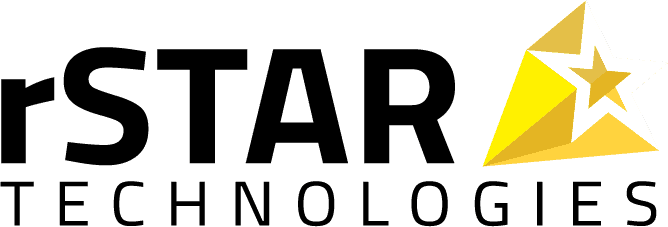Salesforce Manufacturing Cloud implementation is a step in the right direction for manufacturing brands that wish to grow their business and achieve long-lasting profitability. However, to get the most from this solution, brands need to evaluate their options, understand the product and add-ons, and figure out how they can optimize their results before jumping on board.
Table of Contents
A Brief Background
Digital transformation, with help from Covid, has changed the way customers engage with manufacturing companies. This change has triggered the adoption of cloud-based solutions by manufacturers who value seamless processes, smooth customer-centric operations, and customer experience modernization.
Implementing Manufacturing Cloud is more crucial than ever, with 60% of customers opting for online interaction and 88% expecting companies to accelerate their digital initiatives.
Implementing Salesforce will increase sales win rate by 22% and revenue by 25%. However, despite the benefits, one out of three CRM implementation projects fail, and 43% of CRM users only use less than half the features of their CRM system.
You can see from these statistics that, just like other CRMs, implementing Manufacturing Cloud by Salesforce can either be a success story or a costly mistake. An optimal outcome is crucial for a process that takes as little as three to four weeks or up to two to three months to complete. Understanding the software requirements and best practices and working with a Salesforce Manufacturing Cloud implementation guide is the right step toward success.
Below, we discuss what you should know before and while implementing Salesforce Manufacturing Cloud.
What You Should Know Before Implementing Salesforce Manufacturing Cloud
Before implementing Salesforce Manufacturing Cloud, understand the product, its requirements, and the add-ons you need for business. This app rationalization helps improve efficiency and profit, eliminate complexities and redundancies, and reduce TCO.
Some Features to consider include:
Core Manufacturing Cloud
This feature is the core part of the product and has sales agreement, account forecasting, and target setting. This system allows the definition of the required parameters and customer metrics to help inventory management. Consider all stakeholders – customers, sales, and operation – to ensure every need is met, and implementation is successful.
Partner Community Cloud
This Manufacturing Cloud add-on enables collaboration between partners, sharing sales agreements, opportunities, leads, etc. In addition, it empowers the collaborators using rebate management to make changes to parameters, submit claims, and view claims’ status. This add-on is a separate license if you do not own a community (experience) cloud license.
Rebate Management
The rebate management add-on allows manufacturers selling through distributor channels to manage incentives to partners, distributors, and customers. It aids the tracking of each purchase or sale against the trade agreement so an accrual can be made and paid/claimed. Manufacturers can leverage this add-on to automate and use intelligent analytics for rebate programs.
OOTB Analytics Based out of Tableau
Salesforce offers several out-of-the-box (OOTB) analytics that gives manufacturers insights into vital statistics that’ll help them with better business management and growth.
-
- See which accounts are the best performing and which need attention.
-
- Discover if a customer may not meet with product purchases per the Sales Agreement.
-
- Learn which products are the best performing and those underperforming.
-
- Find out how well a new product is selling.
-
- Track which rebate program was successful in terms of sales increase for a specific period.
-
- And so many other insights.
This add-on, like the partner community cloud, requires a separate license.
Integration With Your Back End System
To use the Manufacturing Cloud and the rebate management software effectively, integrate them with some innovative back office systems (ERP, order management system, etc.). For example, Salesforce provides OOTB templates based on MuleSoft to help SAP ERP integration.
How to Achieve Successful Salesforce Manufacturing Cloud Implementation
Salesforce is a superior technology with wonderful benefits for manufacturers. However, an incredible technology is not enough to guarantee success, especially with high implementation failure rates. For large-scale projects, you need the best hands working to implement your Salesforce Manufacturing Cloud to the highest suitable standard.
At rSTAR Technologies, we work with clients to build a complete Salesforce Manufacturing Cloud solution unique to their business needs. Work with us and get a level of scalability that allows room for continuous innovation.
We are Salesforce implementation partners with valuable working experience implementing solutions from scratch for manufacturers.
Reach out to us to discuss your challenge; we can help you execute a successful Salesforce Manufacturing Cloud implementation.







